Common Causes Of Hair Loss
Individuals who experience hair loss could notice thinning hair in certain areas of their scalp. This may progress to total hair loss. While hair loss generally occurs on the scalp, some individuals may lose eyelashes or eyebrow hair. The loss of facial hair or body hair could happen as well. Patients experiencing this symptom may want to consider seeing their doctor for a physical exam. Their doctor will assess the location and severity of the patient's hair loss. They may also order blood tests.
Thankfully, individuals have many options when it comes to hair loss treatment. Many individuals are able to achieve hair regrowth. Some patients may need to change their hairstyle, take vitamin supplements, or use a special shampoo. There are also medications for hair loss and many hair growth treatment options. However, the best treatment for hair loss depends on the cause, such as alopecia treatment including medicated creams. Thus, individuals need to understand the cause of their hair loss first.
Genetics And Aging
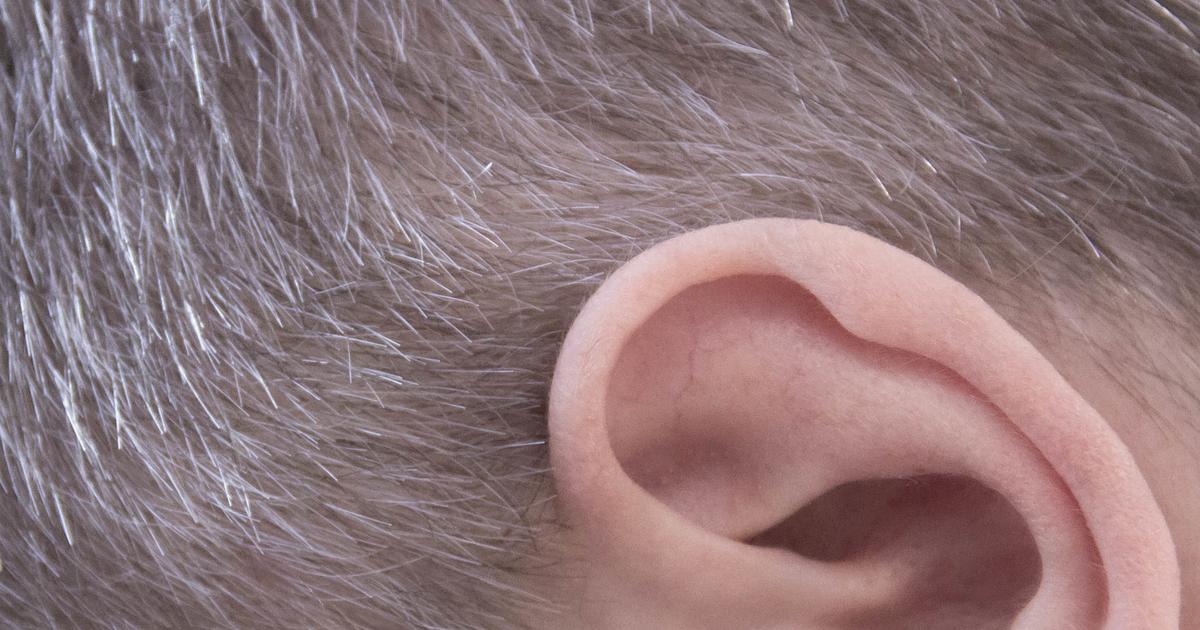
Male and female patients typically notice some thinning or loss of scalp hair as they age. This typically begins when an individual is in their fifties. It usually worsens as the patient enters their sixties, seventies, and eighties. Male and female-pattern baldness are two hereditary conditions that create a more pronounced loss of scalp and body hair than what occurs through the typical aging process. Both of these conditions are linked to genetic factors.
While previous research attributed hair loss to changes in a single gene, scientists now know the process is influenced by multiple genes, many of which come from the patient's mother. The genes that determine hair type and texture vary from population to population. Patients who have a first-degree relative with a potentially hereditary hair loss condition may want to consider starting medications for hair regrowth early. They may also wish to find out more about potential surgical hair replacement options.
Alopecia Areata
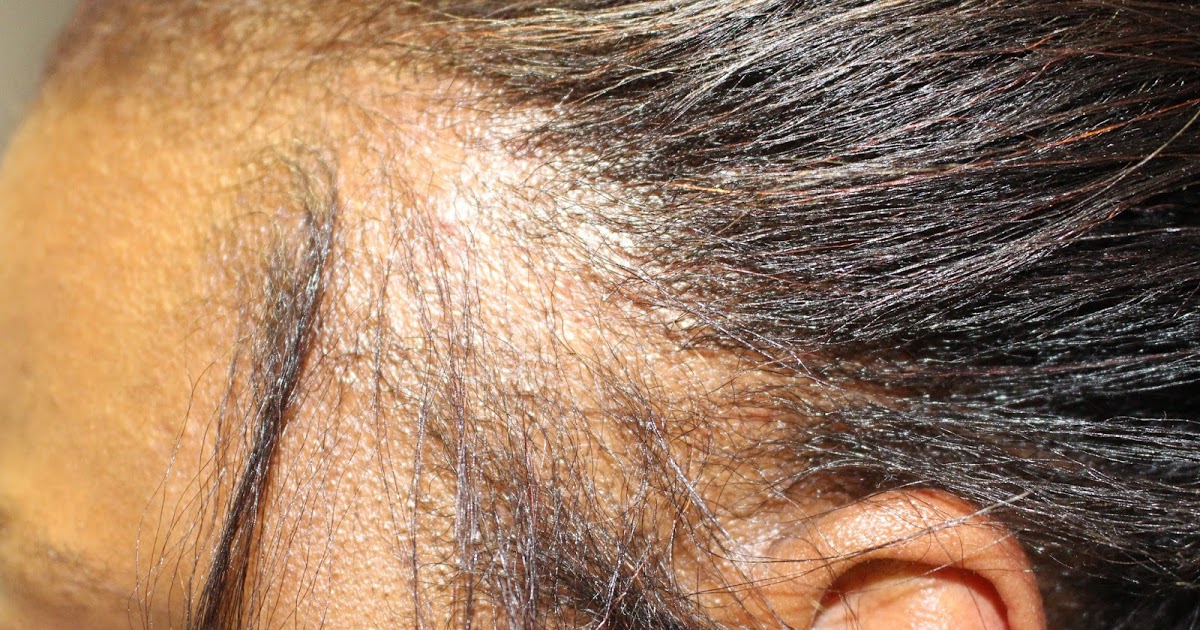
Alopecia areata is an autoimmune condition that affects the skin and hair follicles. Patients with this condition develop hair loss on the scalp and face, and loss of body hair may occur as well. Currently, 6.8 million Americans are living with alopecia areata. The lifetime risk of developing this condition is 2.1 percent. Although symptoms can begin at any age, they typically start in childhood. There are three major types of alopecia areata, and symptoms vary by type. The patchy form of this condition is the most frequently diagnosed type. It causes multiple hairless patches on the scalp or body, which are roughly the size and shape of a coin. In alopecia totalis, patients experience a complete loss of scalp hair. Patients diagnosed with alopecia universalis have a total loss of hair from the face, scalp, and body.
Although there is currently no cure for this condition, patients may want to consider treatments to better manage their symptoms. Examples include topical minoxidil, corticosteroid injections, or anthralin cream. These medications are available by prescription.
Side Effect Of Certain Medications
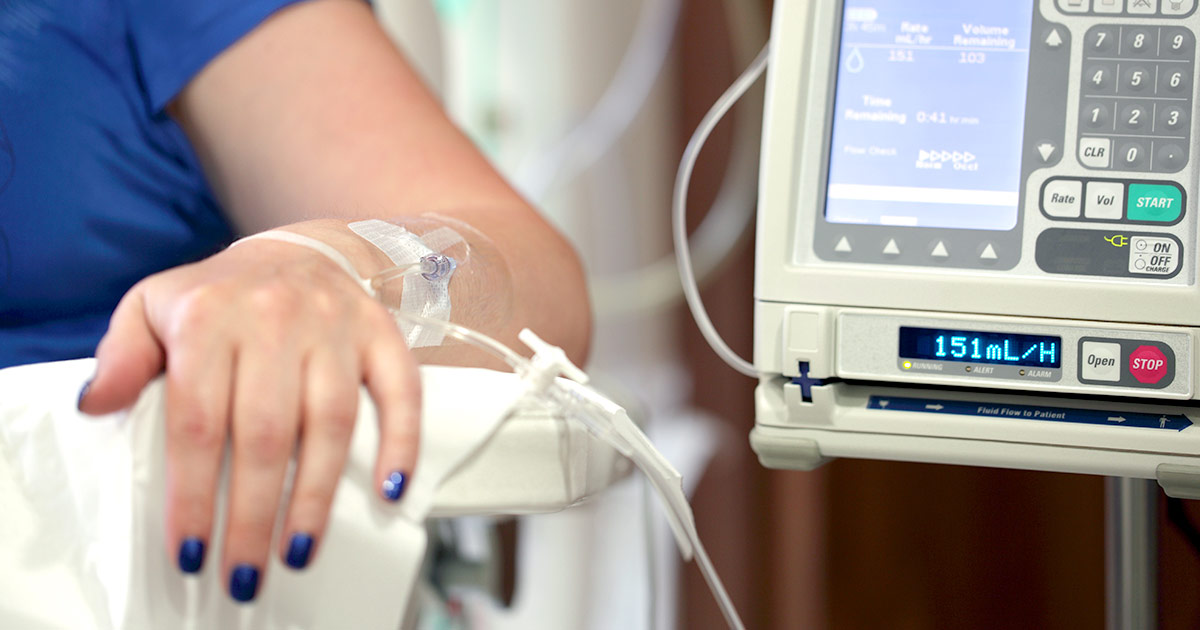
Hair loss is a common side effect of certain medications. For example, patients who undergo chemotherapy as part of their cancer treatment often experience partial or total hair loss. Patients who use retinoids or high doses of vitamin A could also notice hair thinning or loss. In addition, hair loss is a frequent side effect of some antibiotics. Patients who use certain antidepressants are at an elevated risk of a form of hair loss known as telogen effluvium. Antidepressants that carry this risk include sertraline, fluoxetine, and lithium. This form of hair loss usually begins four to six months after the patient begins treatment with antidepressants.
Like antidepressants, certain anticonvulsants used to treat epilepsy also trigger hair loss. Carbamazepine and sodium valproate are two of these anticonvulsants. With carbamazepine, hair loss is considered a rare side effect. The hair loss associated with sodium valproate is dependent on the dose. Patients on lower doses of sodium valproate typically experience less hair loss than individuals on higher doses. When hair loss is caused by medication, it is almost always temporary. Patients generally experience hair regrowth after completing their treatment with the medication. Patients troubled by significant hair loss due to a particular medicine should speak with their doctor about the possibility of switching to a medication that does not cause this side effect.
Hormonal Changes

Hormonal changes are one of the primary causes of hair loss for both men and women. In female patients, the hormonal changes that occur during pregnancy and menopause may trigger hair loss. Female patients with high testosterone levels are at risk for this symptom as well. Imbalances in thyroid hormones often cause hair loss in both men and women, and high cortisol levels have been linked to hair loss in both genders as well. Insulin resistance and estrogen dominance are believed to contribute to hair loss. Nutritional deficiencies in vitamin B12, biotin, and zinc can worsen existing hair loss associated with hormonal changes.
Patients concerned about hair loss should have a thyroid function test performed. If thyroid hormones are unbalanced, replacement therapy could help promote hair regrowth. If these tests come back normal, doctors may want to investigate other hormones that may be contributing to the hair loss. Most patients experience hair regrowth once their hormones are successfully rebalanced.
Certain Hairstyles

Hairstyles such as high ponytails, cornrows, braids, and pigtails may cause the hair to be pulled too tightly. If these styles are worn for a long time, a form of hair loss known as traction alopecia could develop. Some of the styling methods used to produce popular hairstyles could further exacerbate hair loss. For example, permanent hair treatments and hot oil treatments are both associated with traction alopecia because they cause the hair follicles to become inflamed.
Some patients have developed scarring on the scalp after having cornrows or hair relaxing treatments. Once scars form in this area, the hair loss patients experience will likely be permanent. Individuals should consider wearing their hair in loose styles and minimize how much they use heated styling equipment. This will help them reduce their risk of hair loss from certain hairstyles.
Harsh Hair Care
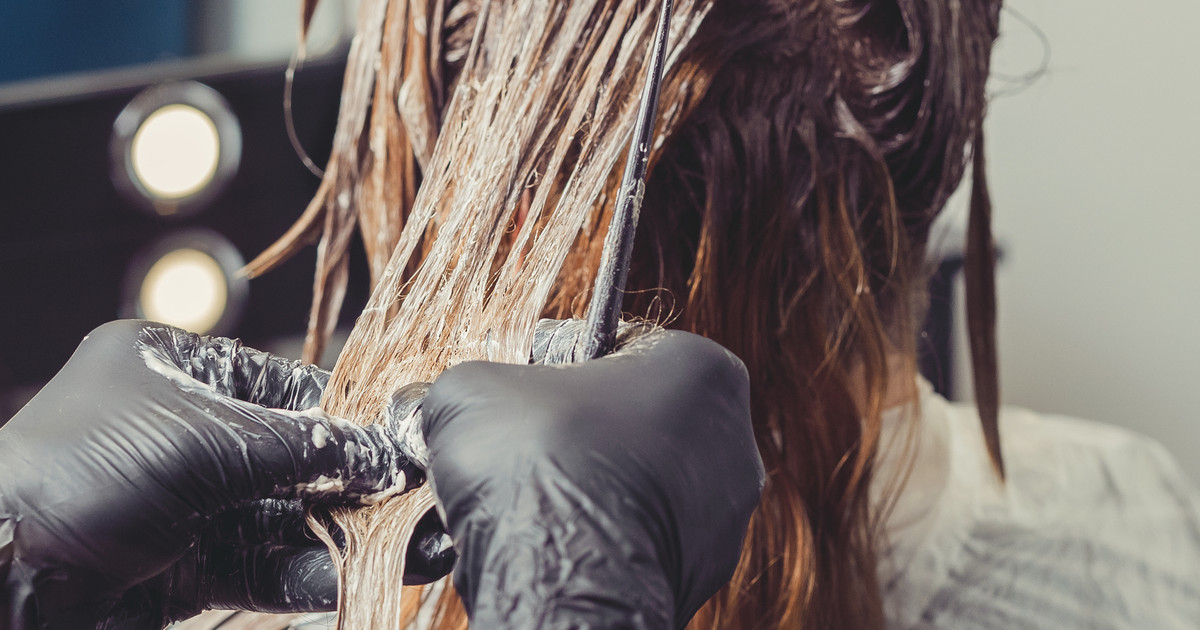
Hair care is vital for healthy hair. However, harsh hair care can actually trigger hair loss. Unfortunately, harsh hair care can be as simple as overusing healthy hair practices. For instance, many individuals undergo chemical treatments for their hair, including bleaching, dyeing, and straightening. Although the occasional chemical treatment is fine, doing them too much causes brittle hair and significant breakage. Eventually, this leads to hair loss. Excessive heat styling is another aspect of harsh hair care that often causes hair loss. Heat styling, for reference, includes blow-drying, straightening, and curling hair.
Individuals need to shampoo their hair to keep it clean and healthy. However, even this action can become harsh hair care. Specifically, shampooing too often strips the hair of its natural oils and moisture. Even certain ingredients can be too harsh for the hair, such as ones found in clarifying shampoos. Ultimately, individuals need to avoid harsh hair care in order to prevent this form of hair loss.
Scalp Psoriasis
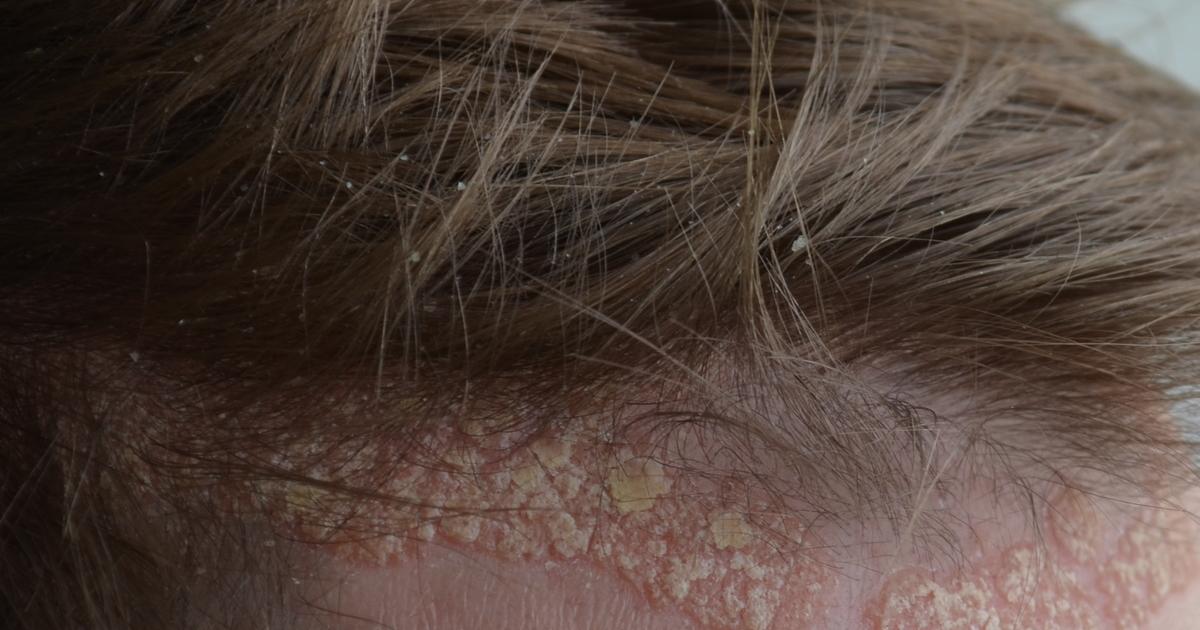
Scalp psoriasis, as the name suggests, is a form of psoriasis that occurs on the scalp. This skin condition is quite common. It means that patches of skin on the individual's scalp are raised, red, and often scaly. Besides the scalp, this condition can spread to the individual's forehead, behind and inside their ears, as well as the back of their neck. Scalp psoriasis symptoms also include dry scalp, itching, and flakes that look like dandruff. Of course, this condition often causes some degree of hair loss.
However, the condition itself is not the reason for patients losing their hair. Instead, it is the constant scratching, picking, stress, and harsh treatments for scalp psoriasis that often trigger hair loss. Proper treatment is vital, as it relieves the symptoms that cause the urge to itch and pick. Of course, patients must treat their condition carefully to avoid them being too harsh.
Trichotillomania
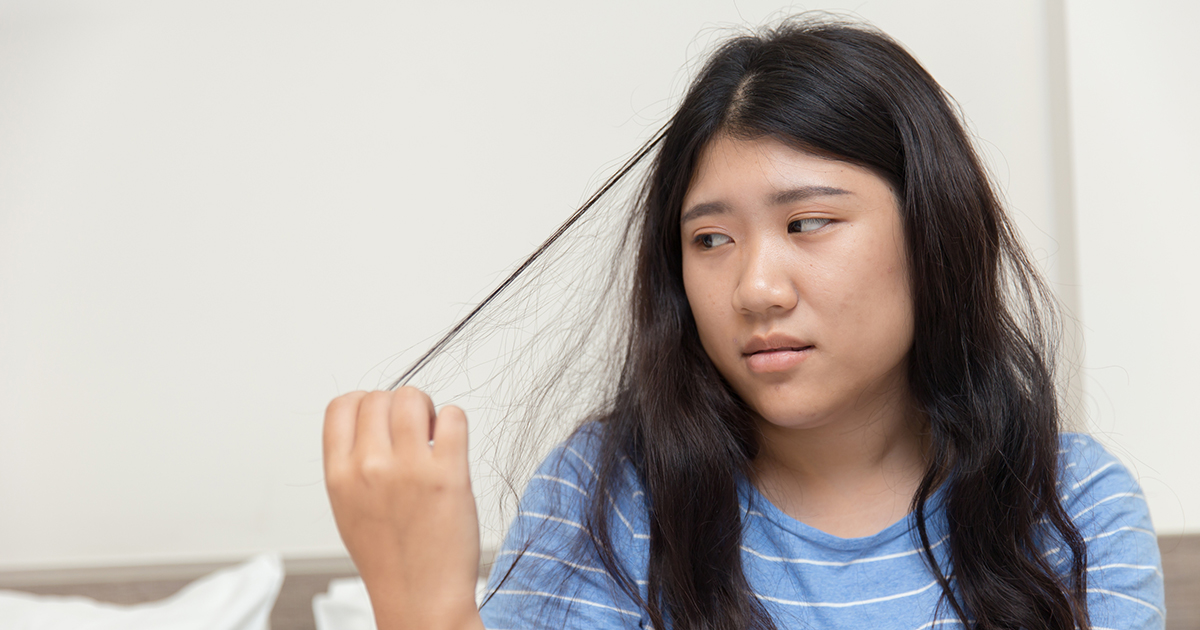
Trichotillomania, which is also referred to as hair-pulling disorder, is a mental health condition. As the alternative name suggests, patients with this disorder feel an intense urge to pull out their hair and often succumb to this urge. The hair that they pull can be on their head, their eyebrows, or on other parts of their body. Constant hair pulling will often leave patients with bald spots.
Unfortunately, the hair loss in trichotillomania often causes significant distress. For many patients, this distress often triggers the urge to pull their hair. Trichotillomania patients often pick at their nails and skin and chew their lips. They may even chew on the hair that they pull out of their head. Some patients may receive medication for their condition. However, cognitive behavioral therapy and habit reversal training is often more successful.
Significant Stress

Significant stress causes hair loss. In some cases, the stress comes from another condition, including trichotillomania and alopecia areata. In addition, however, some individuals dealing with significant and prolonged stress appear to shed hair more than someone who is not experiencing as much stress. This may be because stress can cause an individual's hair follicles to enter the resting phase. This means that they will not grow new strands of hair. Unfortunately, hair will start to fall out more easily over time, and without new strands, patients will be left with hair loss.
Thankfully, stress-induced hair loss is not permanent and is, overall, fairly easy to treat. Individuals must engage in stress relief. This means trying relaxation techniques such as mindfulness and meditation. When individuals are able to lower their stress, they can lessen the amount of hair they lose and make their hair grow again.
Hypothyroidism And Hyperthyroidism
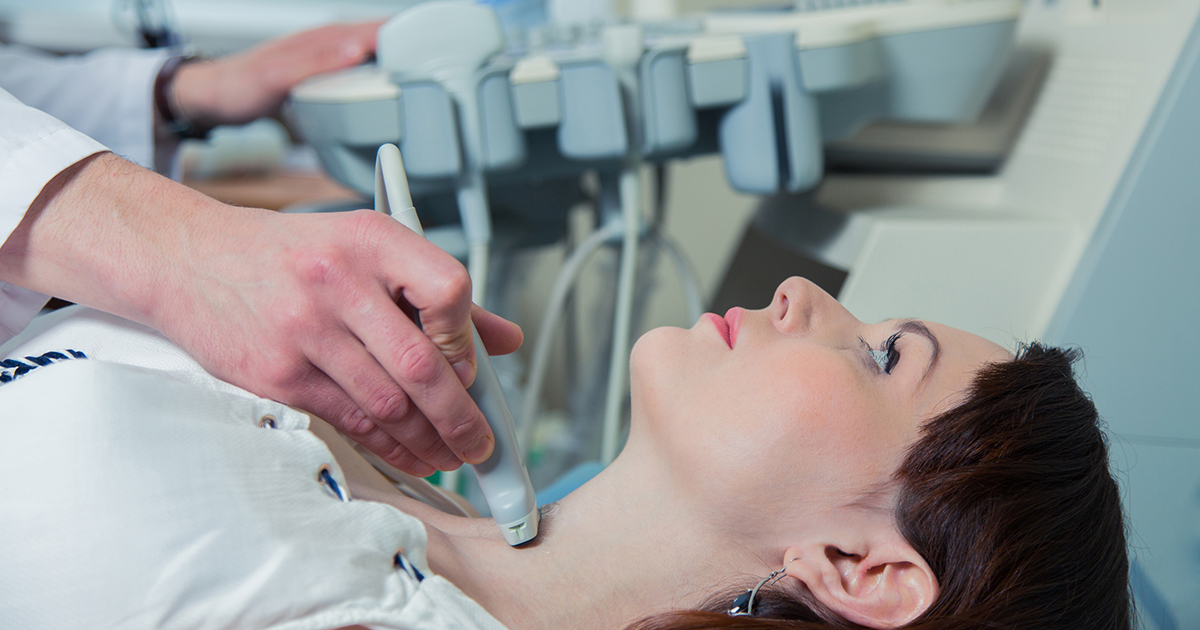
Individuals who have thyroid problems often experience hair loss. The major conditions that cause hair loss are hypothyroidism and hyperthyroidism. In the former, patients have an underactive thyroid, and in the latter, they have an overactive thyroid. Thus, patients will have either too much thyroid hormone or not enough. There are a couple of reasons why patients with these thyroid conditions deal with hair loss. Hair loss is a side effect of some antithyroid drugs, such as methimazole.
In addition, having too much or too little thyroid hormone can often trigger telogen effluvium. This is a scalp disorder. It causes the patient's hair to enter a resting phase too early, where it will not grow. In this state, patients may deal with the loss of up to seventy percent of their hair within two months. Patients must receive treatment for their thyroid condition in order to reverse their hair loss. This may mean taking the right medication or undergoing thyroid surgery, among other options.
